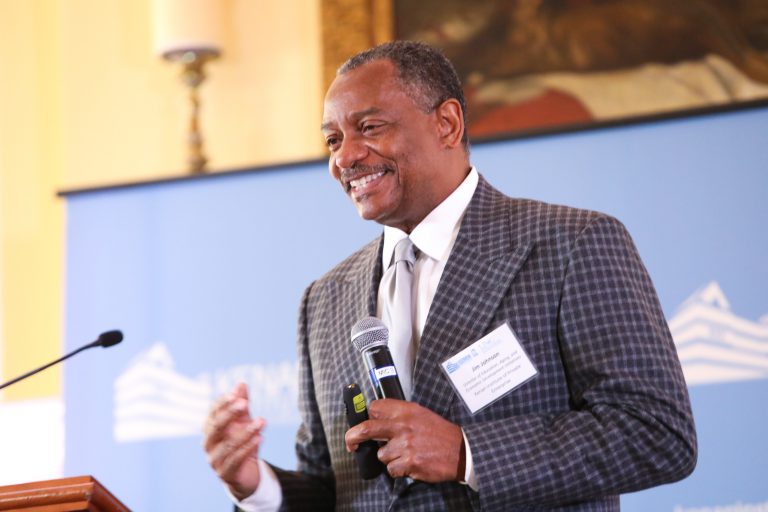In a continuing effort to examine the business sector's contributions to inclusive economic growth, join us April 10-11 for two days of discussions and exploration during the third annual Conference on Market-Based Solutions for Reducing Wealth Inequality.

Don't miss this compelling keynote session by Chloe Hakim-Moore, an internationally acclaimed entrepreneur, a Forbes 30 Under 30 honoree, and TEDx speaker, on April 10, 2025, at 4 PM.
In a continuing effort to examine the business sector's contributions to inclusive economic growth, the second annual Conference on Market-Based Solutions for Reducing Wealth Inequality will bring top researchers and private sector representatives to the University of North Carolina at Chapel Hill on April 25-26.
We study the effect of government-subsidized childcare on women's career outcomes and firm performance using linked tax filing data. Exploiting a universal childcare reform in Quebec in 1997 and the variation in its timing relative to childbirth across cohorts of parents, we show that earlier access to childcare increases employment among new mothers, particularly among those previously unemployed.
Why do firms offer non-wage compensation instead of the equivalent amount in financial compensation? We argue that firms use nonwage benefits, specifically female-friendly benefits, such as maternity leave, to increase gender diversity by efficiently attracting women.

Creating Better Futures Through Economic Development
CREATE, an economic development center at the institute, worked with civic and business leaders in Rocky Mount last summer to plan a Black Business Matters District downtown in an effort to address the racial wealth gap in the area. Executive Director Mark Little will join CREATE’s Rocky Mount partners on a panel at 9 a.m. on Thursday, March 24 to share their work as part of Carolina’s Engagement Week.
On Jan. 7, North Carolina Gov. Roy Cooper announced a sweeping new executive order that aims to achieve net-zero emissions within 30 years while protecting and empowering North Carolina’s underserved communities. Urban Investment Strategies Center Director Jim Johnson, who serves as chairman of the N.C. Department of Environmental Justice and Equity Board and as a member of the task force on social, economic and environmental equity, accompanied Cooper at a press conference in support of the order at N.C. A&T State University. Read Johnson's statements here.
American Indian communities face a growing housing crisis, compounding long-standing social and economic challenges. In this Kenan Insight, we examine the structural and historic factors that underlie the current lack of affordable housing, and identify several promising options for both addressing the immediate crisis and improving the broader economic situation for tribal communities.
U.S. President Donald Trump’s administration has recently ramped up efforts to keep immigrants from entering the country and force out some who are already here – arguing these to be necessary measures to contain the spread of COVID-19 and protect American jobs. However, in this Kenan Insight, we summarize why these policies risk having exactly the opposite effect, harming the future health, social well-being and economic viability of our nation.

Warning: Demographic Headwinds Ahead
Knowledge of our changing demography can serve as both foundation and frame for how to achieve greater social, economic, environmental, and health equity in North Carolina. After describing how disruptive demographics are transforming the our state, this essay highlights a set of equity issues undergirding our shifting demography and concludes with a set of tools and strategies to make North Carolina a place where equity, inclusion, and belonging is the new normal.
Even before the COVID-19 pandemic, finding affordable housing was a persistent problem in the U.S. In this Kenan Insight, we look at the factors driving the nationwide affordable housing crunch, particularly for those most affected by it — low income, single-parent families.
The COVID-19 pandemic and the nationwide civil unrest spawned by the recent spate of senseless killings of unarmed African Americans have illuminated what executive development professionals have been telling private and public sector leaders and managers for quite some time. We are living in an era of increasing volatility, uncertainty, complexity and ambiguity—a VUCA World. “Certain-uncertainty” is the new normal in today’s society and economy.








